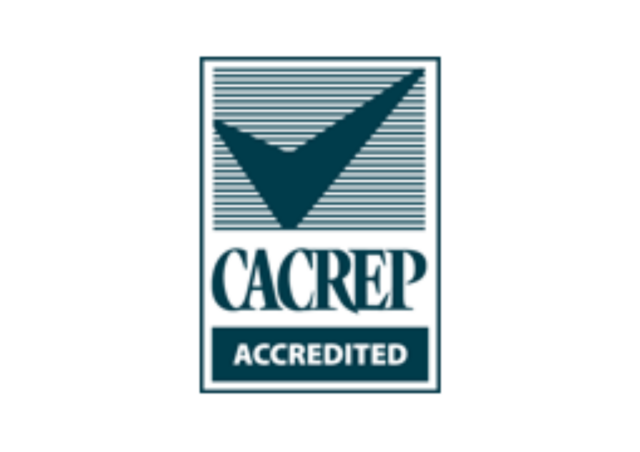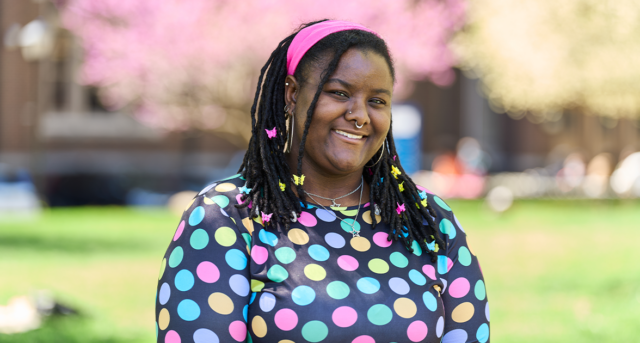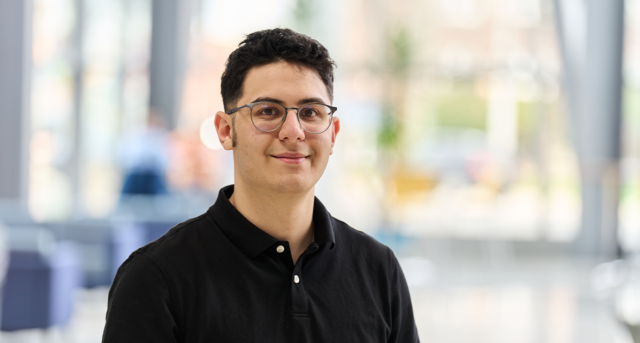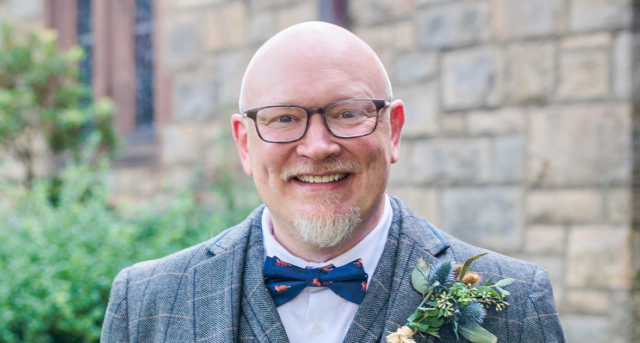La Salle University

What You’ll learn
La Salle’s Professional Clinical Counseling (PCC) program prepares students for licensure as professional counselors (LPC) in Pennsylvania and most other states, and for employment in many professional settings including mental health agencies and hospitals, college counseling and career centers, employee assistance programs, and for private practice. Upon graduating from this program, students are eligible to take the national exam for licensure. The PCC degree also is excellent preparation for students planning to pursue doctoral studies in counselor education and supervision or a related field.
Why Study Professional Clinical Counseling at La Salle?
La Salle University believes in a personal, practical, and professional graduate education, and occurs in the context of the Lasallian tradition focusing on excellence in teaching and concern for both ultimate values and for the individual values of its students. La Salle’s Counseling and Family Therapy Master’s Programs have been training counselors and therapists since 1979. Its resources are extensive, and include the following:
- Approval by the National Board of Certified Counselors (NBCC) to offer the National Counselors Exam (NCE), the exam accepted by Pennsylvania and many other states for licensure as a Professional Counselor.
- Affiliations with over 80 regionally-recognized field placement sites in the greater Philadelphia area, which is especially rich in its mental health resources.
- A dedicated Field Placement Coordinator for the PCC Program who assists students in applying to and securing Practicum and Internship placements.
- Diverse faculty possessing a wide range of disciplinary expertise dedicated to teaching, scholarship, and service, bringing their clinical and research experience into the classroom.
- Connelly Library: a state-of-the-art library and learning commons with extensive holdings in counseling and counselor education.
- An Assessment Laboratory that contains a wide variety of assessment materials and resources.
- One-on-one advisement and individualized plans of study that meet students’ interests and career goals.
- Late afternoon and evening classes convenient for the working professional.
The thoroughness of La Salle’s training is widely recognized in the Philadelphia area and sets its graduates apart.
Highlighted Courses
PCC 500 – Introduction to Counseling and Psychotherapy: Theories and Interventions
This course examines major theories of counseling and psychotherapy and the interventions based on those theories. It includes an emphasis on knowledge, skills, and ethical standards needed to provide direct counseling and psychotherapeutic interventions for individuals, families, and groups.
PCC 502 – Counseling Laboratory I
This laboratory course is designed to develop the basic counseling and therapy skills that enables students to understand the client/s, develop a trusting relationship with the client/s, and to facilitate the client/s’ self-exploration.
PCMF 619 – Multicultural Counseling and Therapy
This course explores multicultural counseling theory as well as culture-specific counseling strategies for culturally diverse clients. It is designed to help students develop their multicultural counseling competence and increase their ability to work effectively and ethically in a complex and diverse social world.
Meet the Faculty
Our faculty possess a wide range of disciplinary expertise dedicated to teaching, scholarship, and service, bringing their clinical and research experience into the classroom. Through one-on-one advisement, we’ll develop an individualized plan of study that meets your interests and career goals.
Career Opportunities
Although the specific title differs from state to state, professional counselors are master’s-level clinicians who provide mental health, psychological, and/or human development principles to address wellness, personal growth, career development, and mental or emotional health issues. Education and training are oriented toward the adoption of a client-centered, rather than an illness-centered, approach. Professional counselors work with individuals or groups in the assessment and treatment of psychological disorders. Other activities of counselors include consultation, prevention, and research. They make up a large percentage of the workforce employed in mental health agencies and organizations, and their work is covered by managed care organizations and health plans. Many professional counselors have a private practice.
Application Process
The Professional Clinical Counseling Program has some additional requirements beyond the typical application process. Find more information through the link below.
Accreditation
Annual Report
The following report is written in accordance with the 2016 CACREP Standard 4.D: “Counselor education program faculty disseminate an annual report that includes, by program level, (1) a summary of the program evaluation results, (2) subsequent program modifications, and (3) any other substantial program changes. The report is published on the program website in an easily accessible location, and students currently in the program, program faculty, institutional administrators, and personnel in cooperating agencies (e.g., employers, site supervisors) are notified that the report is available.”
CACREP Vital Statistics
Each year, the Master’s Program in Professional Clinical Counseling submits a Vital Statistics Report to its accrediting body, The Council for Accreditation of Counseling and Related Educational Programs (CACREP). This report is a requirement of all CACREP-accredited programs, and must be publicly reported on the program website annually. This report is concerning academic year 2021-2022.
Accreditation
La Salle’s Professional Clinical Counseling Program is accredited by the Council for Accreditation of Counseling and Related Educational Programs (CACREP). CACREP accredits degree programs in counseling and its specialties offered by colleges and universities worldwide.


Ivy-yon Jackson, ’24, is a psychology and sociology major with a minor in criminal justice at La Salle.

Cagatay Ozbay, ‘24, who is an accounting major and finance minor is proud of all he’s accomplished—and overcome—as a student.

Wesson had been serving interim provost and vice president of academic affairs since November 2023.